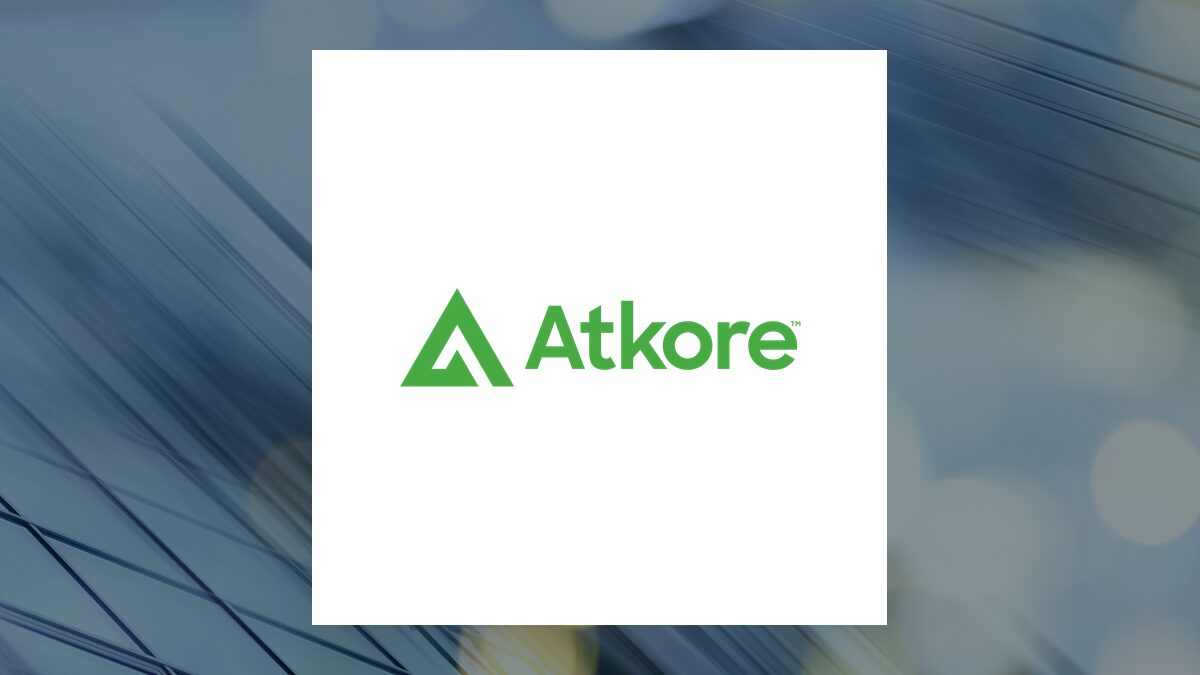As generative artificial intelligence (AI) continues to evolve, a new analysis from job-search platform Indeed reveals significant shifts in the job market. The report, titled the GenAI Skill Transformation Index, identifies which occupations are likely to experience profound changes due to AI and which are expected to remain largely unchanged. This analysis evaluates thousands of job skills to determine their exposure to AI-driven transformations.
According to Business Insider, the index indicates that roles heavily reliant on routine data processing or creative generation are most vulnerable to automation. In contrast, positions demanding physical dexterity or interpersonal skills appear more resilient. The methodology employed by Indeed assesses over 3,000 skills from job postings in the past year, scoring them based on how easily generative AI tools like ChatGPT or DALL-E could automate or enhance them.
High-Exposure Occupations: Evolution, Not Elimination
Indeed’s findings suggest that approximately 26% of the analyzed job postings involve high-exposure skills, leading to potential radical transformations rather than outright job losses. Professions such as software developers and data analysts top the list of roles at risk, as AI excels in coding assistance and pattern recognition. The report emphasizes that this evolution is not solely about job loss; rather, it reflects a shift in focus towards oversight and innovation.
Roles in marketing and graphic design are particularly vulnerable, given AI’s capability to generate content, designs, and strategies at scale. According to the Indeed Hiring Lab, these changes demonstrate AI’s potential to “rewire the DNA of jobs.” Meanwhile, financial analysts may see their roles enhanced by AI’s predictive capabilities, provided they adapt to hybrid workflows that incorporate AI tools.
The index highlights that fields centered on technology are experiencing significant change. Software engineering, once seen as a bastion of human creativity, now faces challenges from AI co-pilots capable of drafting code snippets or debugging errors. Business Insider reports that these transformations could boost productivity, but they also necessitate upskilling in AI literacy for professionals to remain competitive.
Resilient Roles: The Importance of Human Touch
Conversely, the analysis identifies occupations less susceptible to the impacts of generative AI. Jobs within the healthcare sector, such as nursing and surgery, score low on transformation potential due to their reliance on physical presence and ethical judgment—areas where AI currently falls short. Similarly, construction workers and electricians benefit from the tactile nature of their work.
Even in white-collar sectors, roles such as teachers and therapists appear insulated from significant disruption. These positions require empathy, real-time adaptation, and complex human interactions that generative AI struggles to replicate authentically. CNBC, referencing Indeed’s data, highlights that physical labor and interpersonal skills create a natural barrier against AI encroachment.
For companies, the index serves as a strategic guide for talent management. Organizations must invest in training programs to bridge skill gaps, facilitating collaboration between employees and AI rather than fostering competition. Findings from Indeed, echoed in eWeek, suggest that while AI can manage routine tasks, human roles will increasingly pivot toward strategic oversight, potentially enhancing overall efficiency.
Workers should also take note of these insights. Pursuing certifications in AI ethics or prompt engineering may help future-proof careers in high-exposure fields. According to LinkedIn data cited by Business Insider, professionals with AI-related skills are securing roles 30% faster, underscoring the growing demand for adaptability in the job market.
Looking Ahead: Policy and Ethical Considerations
Beyond immediate job shifts, the broader implications of AI integration raise important questions about workforce equity. Indeed’s report warns of potential disparities, particularly among lower-wage roles in administration, which may face quicker automation. Policymakers might need to implement reskilling initiatives to address these divides.
Ethically, the rise of generative AI poses challenges regarding job quality and ownership of creativity. As AI becomes more integrated into the workplace, maintaining a focus on human-centric values will be essential to ensure that technology enhances rather than diminishes professional fulfillment. This evolving dynamic suggests that 2025 may be a pivotal year for redefining the nature of work in the era of AI.







